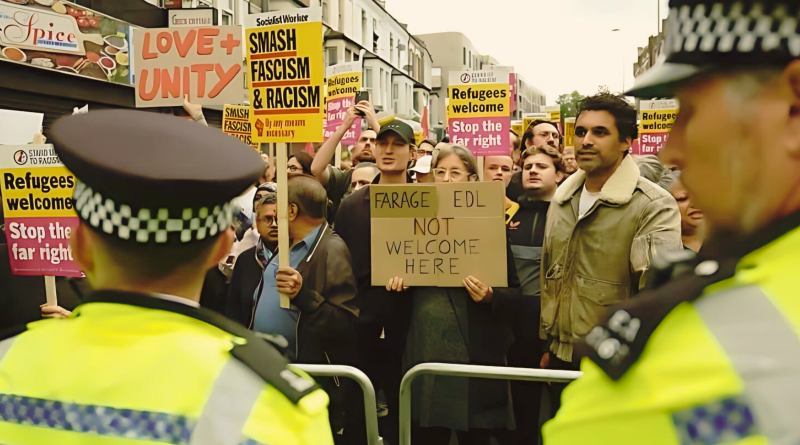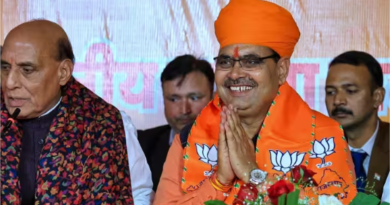Leadership in Crisis: Starmer’s Response to Unrest
Britain is reeling from a weekend of protests, riots, and right-wing thuggery, with Prime Minister Keir Starmer facing a crucial test of his leadership
The unrest began in Southport on July 29 and spread rapidly, fueled by false rumors and exploited by far-right activists. Starmer has moved quickly to reassure minorities and warn “right-wing thugs” that they will be punished with the full force of the law. However, addressing the deeper causes of the unrest is crucial. The government must reform institutions and improve public policy to address concerns about immigration, refugees, and the sense of hopelessness in working-class communities. The continuing flow of asylum seekers is straining national resources, and the government must reduce the flow and speed up the process of dealing with them.
Starmer must also address the social and economic changes that have marginalized communities, particularly in the north. The government’s “leveling up” agenda has failed to produce improvements, and people are seeking answers. Simply punishing the thugs without addressing the underlying issues will not solve the problem. The government must be strict about riots but also harsh on their causes. The role of social media in spreading contagions must also be examined. However, this should not be used to dismiss the legitimate concerns of average people who feel failed by the British state. The government must listen to and address their worries with facts and reforms. Only then can the country move forward and prevent future unrest.




